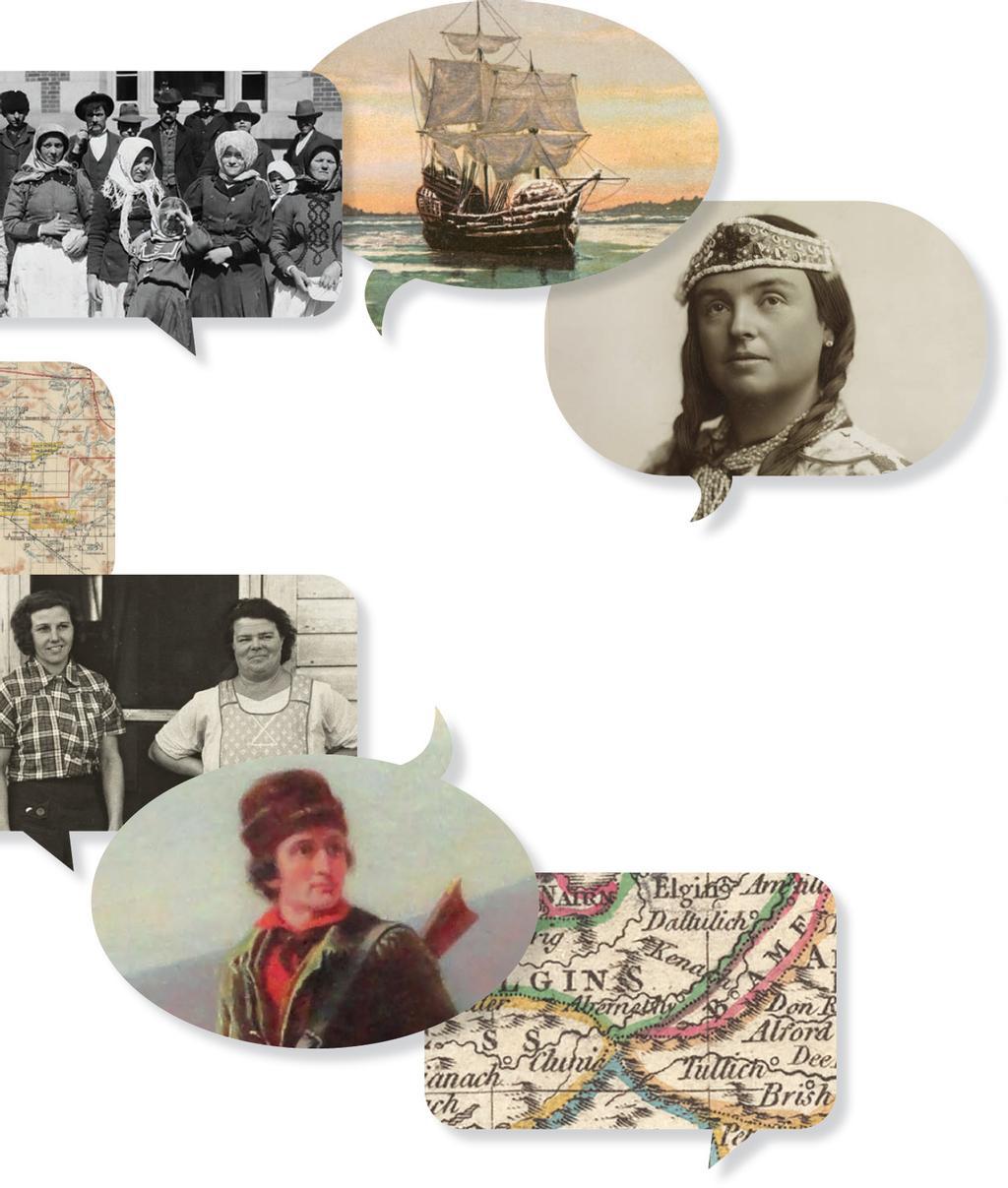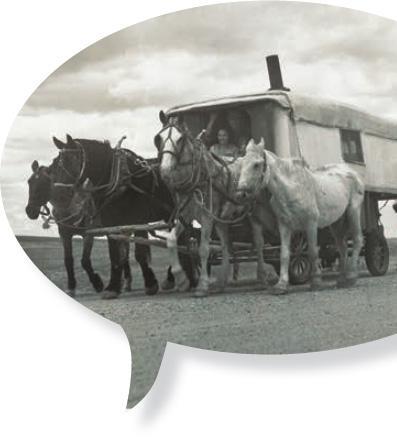UNLIMITED
Nothing But the Truth

Almost every family has them: cherished stories of ethnic origins, relationships to someone famous, or connections to important historical events. The list can go on and on.
While they may be attractive—indeed, they may have been what lured you into family history in the first place—family stories are just that: stories.
Oral histories, passed down from older relatives to the younger generations, can sometimes be reliable. But the passage of time may diminish the storyteller’s memories. Family stories, like information from any other source, need verification.
In fact, stories from older generations need more supporting documentation the farther back in time they reach. You might think old stories, told closer in time to when they purportedly took place, are more likely to be true. But the reality is that people who lived 100 years ago were no more likely to know about what happened a century before them than we are about what happened a century before us.
You could write a whole book on evaluating the accuracy of family stories. (In fact, I did! It’s called Sustainable Genealogy: Separating Fact from Fiction in Family Legends, published by the Genealogical Publishing Company.) Here are some key principles for determining whether or not family stories are true, explained through three case studies from my own research.

Case 1 MISTAKEN STORIES ABOUT ETHNIC ORIGINS
My own first foray into genealogy involved learning that a family tradition of ethnic origin was false. I grew up in northern Cumberland County, North Carolina, an area settled by Europeans in the 1730s. The earliest European settlers were Highland Scots, and that ethnic group’s descendants remain widespread in the county to this day.
My mother’s family (maiden name Williams)
You’re reading a preview, subscribe to read more.
Start your free 30 days





